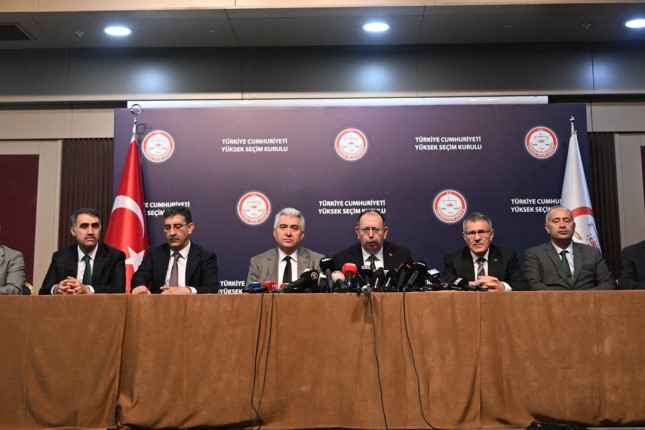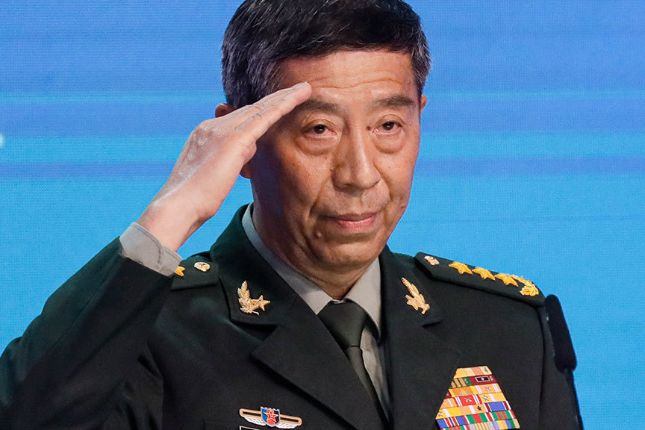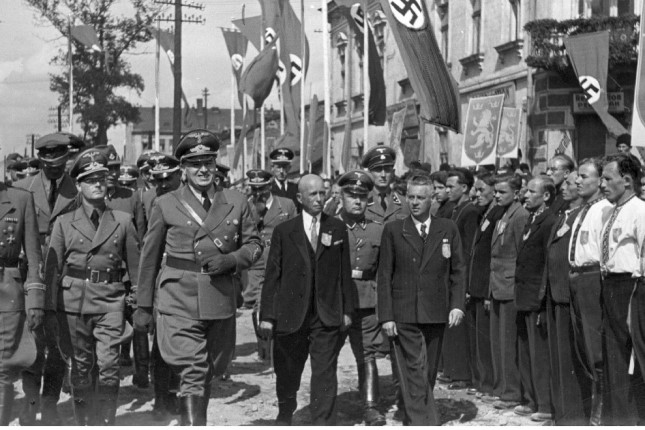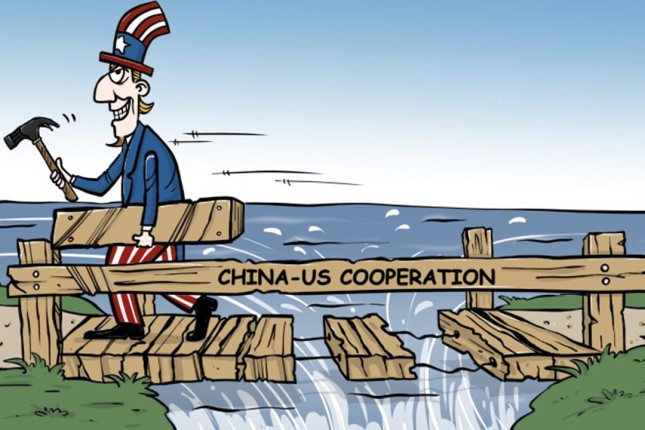A candidate must get more than 50 percent of the vote to win the highly-charged race. As no one passed that threshold, the vote will go to a runoff election in two weeks, on May 28.
The election in Turkey, a NATO member that still has close ties with Russia, has attracted worldwide attention, especially after President Erdogan and the opposition leader accused each other of bringing in external interference.
Experts said the election is one of the most important presidential races in Turkey's history, and will deeply affect the nation's path on both domestic and foreign affairs. Washington, not a fan of Erdogan but an experienced operator in meddling in other countries, has enough motives to drive its disobedient ally to a direction it desires through this rare opportunity.
In his last election rally in Istanbul on Saturday, Erdogan accused the opposition of working with US President Joe Biden to topple him, while the challenger Kilicdaroglu, who leads a six-party opposition alliance, accused Russia of interfering in the elections, which Kremlin denied on Friday.
Western media described the election as a race between "autocracy" and "democracy," criticizing Erdogan's economic policy and slow response to the deadly earthquake in February, while zooming in on Kilicdaroglu's possible triumph.
With more than 97 percent of ballot boxes counted, Erdogan led with 49.35 percent of votes and Kilicdaroglu had 44.97 percent, according to local media, while the Western media claimed that the mood was "noticeably darkened."
Chinese Foreign Ministry spokesperson Wang Wenbin said on Monday that China has noted the presidential and parliamentary elections in Turkey and stands ready to work with the country to promote the sound and stable development of bilateral relations.
Li Haidong, a professor at the Institute of International Relations at the China Foreign Affairs University, told the Global Times that it looks like the two sides are now neck and neck, and it's hard to predict who will win.
By accusing the other of having external support, both sides have found a scapegoat to explain their possible defeat, which could set the stage for possible domestic chaos after the election, Li noted.
"The US doesn't like Erdogan," said Li Shaoxian, director of the China-Arab Research Institute at Ningxia University.
Reuters described Turkey's longest serving leader as a key Putin ally, while citing Kilicdaroglu's commitment that he will revive democracy after years of state repression, empower institutions that lost autonomy under Erdogan and rebuild frail ties with the West.
In early April, Erdogan slammed US Ambassador to Turkey Jeff Flake for meeting Kilicdaroglu, vowing to "give a lesson" to the US.
"Erdogan's wisdom lies in sitting with NATO and the West, but meanwhile holding hands tightly with Russia," Li Shaoxian said, "This approach has indeed increased Turkey's weight in the international arena and maximizes Turkey's national interests."
An Erdogan victory would mean that Turkey retains the flexibility to communicate with both Russia and the US, but that strategic autonomy would likely be weakened if the pro-Western camp came to power, the expert noted.
As a key region of great geopolitical value, Turkey has a great impact on the Russia-Ukraine conflict and the situation in the Middle East, Li Haidong said.
"How the US intervenes in the election is perhaps more of a question than whether it has intervened," he said, "There's no doubt that the US will not allow its ally's policies to move in a direction different than its own."
For the international community, a new government may represent uncertainty in Turkey's foreign policy, while Erdogan continuing would represent a kind of stability, Li Shaoxian said.
Source: The Global Times.
































